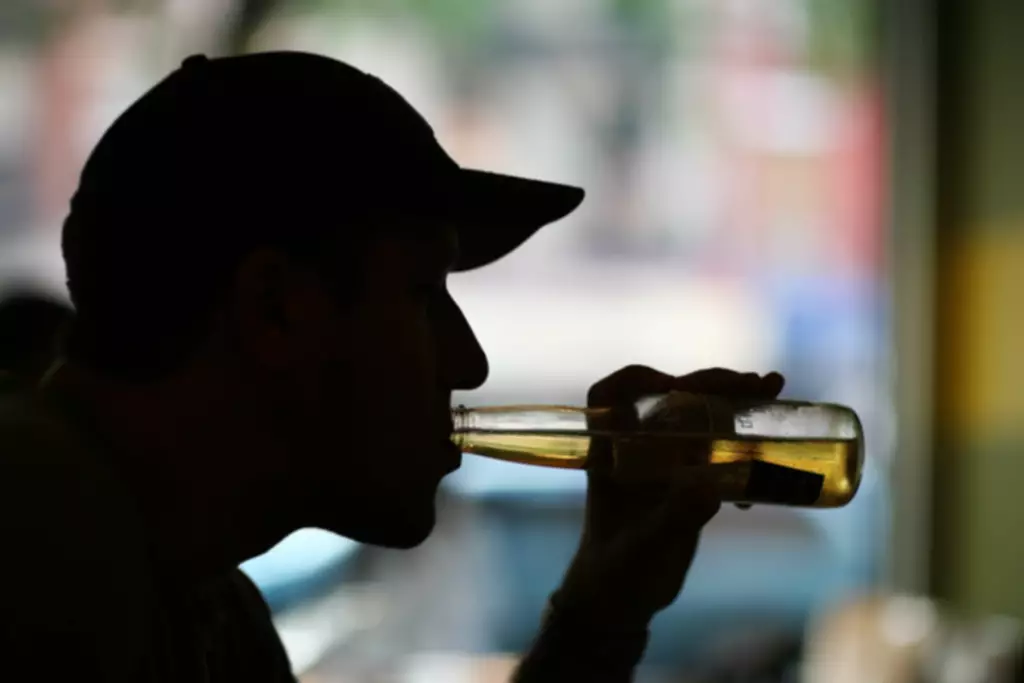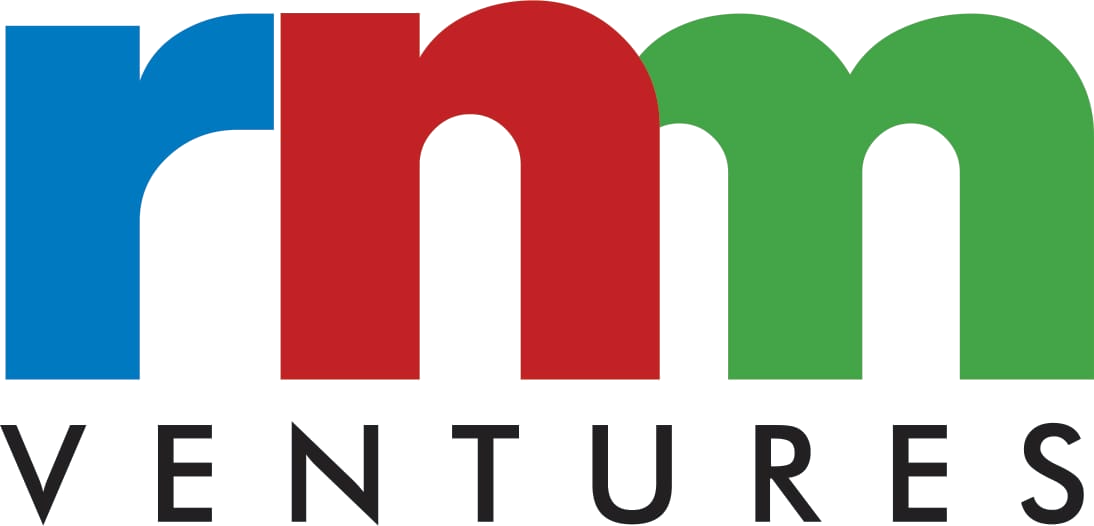What to Eat During Alcohol Recovery
Depending on individual needs, the plan may leave room for snack times, or it may be a better option to restrict intake to three times per day if the patient has issues with things like binge eating. Understanding the relationship between nutrition and addiction recovery means understanding the roles nutrients play in the body. There are six nutrient groups derived from food that are considered essential, and they can be divided into micronutrients and macronutrients. At The Recovery Village Columbus, we care about helping you feel your best during recovery, ultimately succeeding in your recovery journey.
- Join us at Acqua Recovery, where healing goes beyond traditional methods, and the journey to sobriety is embraced with care and understanding.
- There’s no miracle diet by any means, but the Mediterranean diet, for example, can help fill some of the nutritional gaps you may have due to alcohol use.
- Vitamin A and vitamin D are important for immune function and mood regulation.
- Chronic alcohol use can cause nutrient deficiencies, and fruits and vegetables are one of the best ways to restore these imbalances.
- Plus, ginger may even offer relief from headaches while boosting your immune system.
Types of Food to Eat When Detoxing From Alcohol
From the initial detox process through your recovery, you’ll find the guidance and tools you need to overcome your addiction once and for all. The best foods for alcohol detox are those that will help the body heal. In early recovery, it is important to eat a healthy diet so as to allow your liver and other organs time to rest and recover from any damage they may have incurred during chronic drinking. Rather than shopping for each vitamin, it’s best to understand the components of a healthy diet.
How to Get Help And Find Freedom from Addiction
That said, there are four general stages of recovery, as compiled by addiction expert Steven M. Melemis, MD. These stages can help prevent relapse and support people to live healthier, fuller lives. So far, there’s no consensus on the medical definition of recovery in alcohol treatment literature. Research has found that vitamin B3 also assists individuals in detoxing from alcohol.
Can you be intolerant to alcohol? – Livescience.com
Can you be intolerant to alcohol?.
Posted: Tue, 24 May 2022 07:00:00 GMT [source]
Why Does Alcohol Withdrawal Cause Food Cravings?
And Vitamin B5, also called pantothenic acid, converts food into glucose and helps remove alcohol from the body. Drinking fluids rich in electrolytes, such as Gatorade, can replenish the body. When drinking water, it is important not to drink too much to avoid water intoxication. Water intoxication, a potentially fatal condition where the body holds more fluid than the kidneys can remove, occurs when the amount of salt and other electrolytes become too diluted. That’s what evens out your moods, helps you sleep better, and soothes the urge for alcohol. Experts suggest a diet with lots of complex carbs like whole grains, veggies, peas, and beans.
Cirrhosis is unfortunately irreversible, though you can slow its progress by ceasing alcohol consumption and eating an anti-inflammatory diet. Today, I’d like to discuss a few key foods that aid in alcohol recovery that you can begin eating to improve your recovery journey. At ECHO Recovery, I’ve found great value in the education and recovery support we provide for those who are struggling with substance use disorder (SUD), including alcohol use disorder (AUD). That is why alcohol detox and alcohol withdrawal treatment is administered by medical professionals.
Sugary Food and Drinks
- “Mixing high amounts of caffeine with alcohol can be dangerous, especially for those with heart conditions or blood pressure issues,” cautions Pelitera.
- With these interventions, people can find health and happiness in sobriety.
There hasn’t been a lot of research on the role of nutritional therapy in recovery from substance use yet. That said, some studies have found that it can boost your chances for a successful recovery. Other research shows that thorough nutrition education can improve the odds that you’ll still be sober after 3 months. Here’s some information to help you get ready for your appointment, and what to expect from your health care provider or mental health provider. Detox is a stressful process that can lead to alcohol withdrawal insomnia, depression and anxiety. Caffeine can increase heart rate, restlessness and shakiness — all symptoms of anxiety.
Coping and support
Use these tips, along with a consultation with your personal healthcare provider or dietician for more personalized guidance on this matter. For both to work together, a healthy, well-planned diet will give a former substance user the tools – both mental and physical – needed to repair his or her body and willpower. But nutrition is just one aspect of the self-care that those in recovery need. Beyond eating well, former drug users Best alcohol abuse recovery diet should exercise, get plenty of sleep, schedule time to relax, and rebuild strong social support systems – including family members, friends, and therapists. Self-care is far from being selfish; it’s a powerful strategy for substance abusers to nourish their bodies and their spirits. Embarking on the journey of recovery from alcoholism involves not only behavioral changes but also a significant focus on nutritional rehabilitation.









